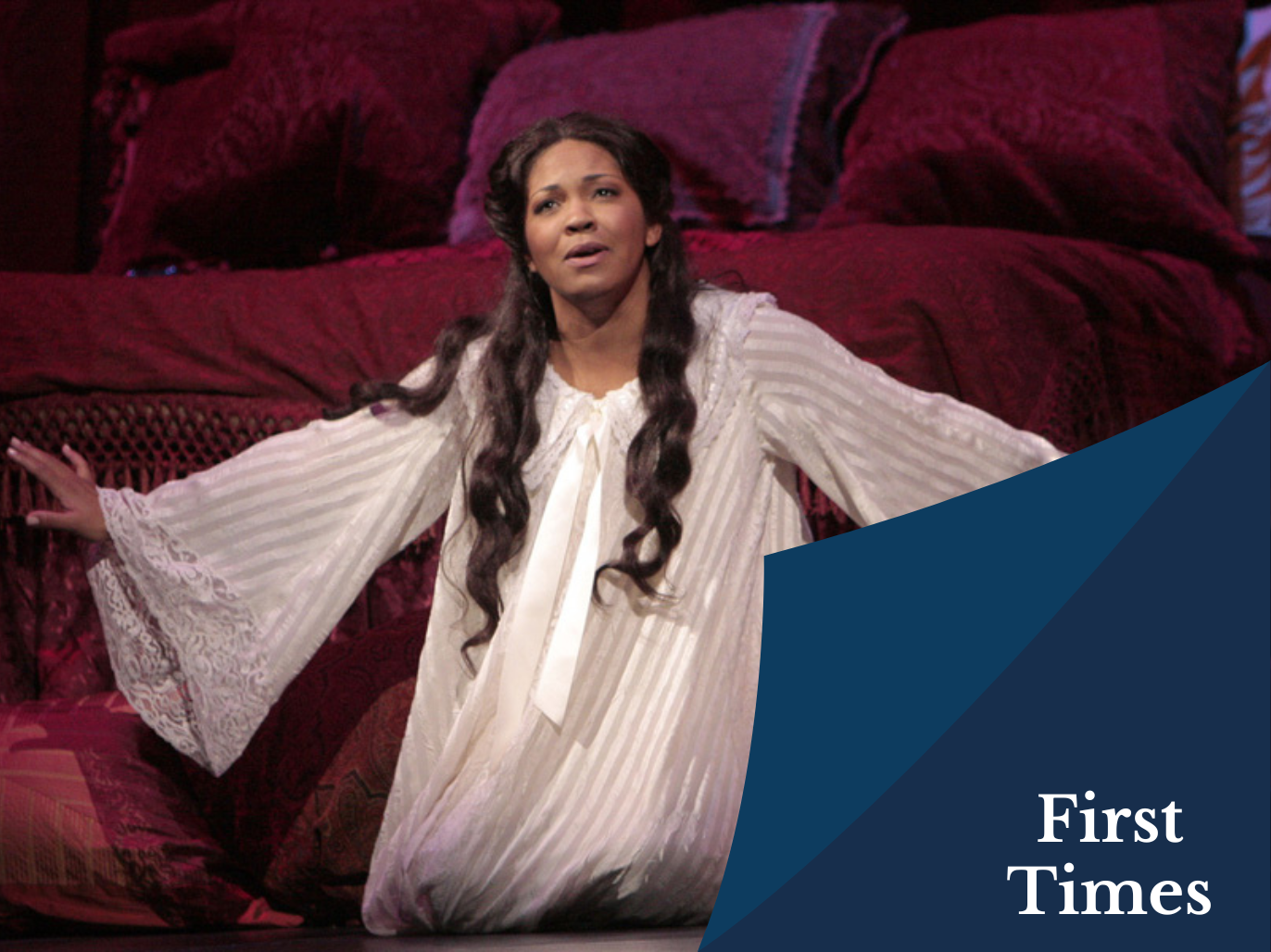All Coming Together
Opera is often so transfixing precisely because it shouldn’t really work at all; because it so often defies the rules of organisational gravity. As the late opera critic Bernard Williams once observed, in opera ‘a concrete feeling of performance and of the performers’ artistry is nearer the front of the mind than in other of the dramatic arts’.
Part of what he meant, surely, is that opera is a high-wire act. Things can go wrong, but opera’s risk factor is also one of its appeals – if only at a subconscious level. We like watching and hearing people like Janai do extraordinary things, not only because it upends our idea of what’s possible but also because it titillates us with the idea that this time, there’s a chance it might not work.
Janai admits she was ‘beyond nervous – terrified, actually’ for her professional stage debut, when she sang the role of Barbarina in Mozart’s The Marriage of Figaro. That was in Ian Judge’s lavish, period-piece production at the LA Opera. At the time, Janai was a member of the company’s Young Artist Program.
First time nerves: what are they, really? In part, they’re a physical preparation for the demands of performance – including a heightened sense of arousal that allows the body and the mind to perform at a higher level (this is known as the Yerkes-Dodson Law). The release of Adrenalin is part of the process.
Janai puts it helpfully in layman’s terms: ‘Nervousness is excitement – it helps you to focus, to lock-in, to absorb everything around you. I got tremendous support from the audience [during the LA Opera Figaro] – one of the best audiences out there, fully engaged and supportive – and from my colleagues on stage and in the pit’ (in the pit, incidentally, was one Plácido Domingo – no pressure there then).

